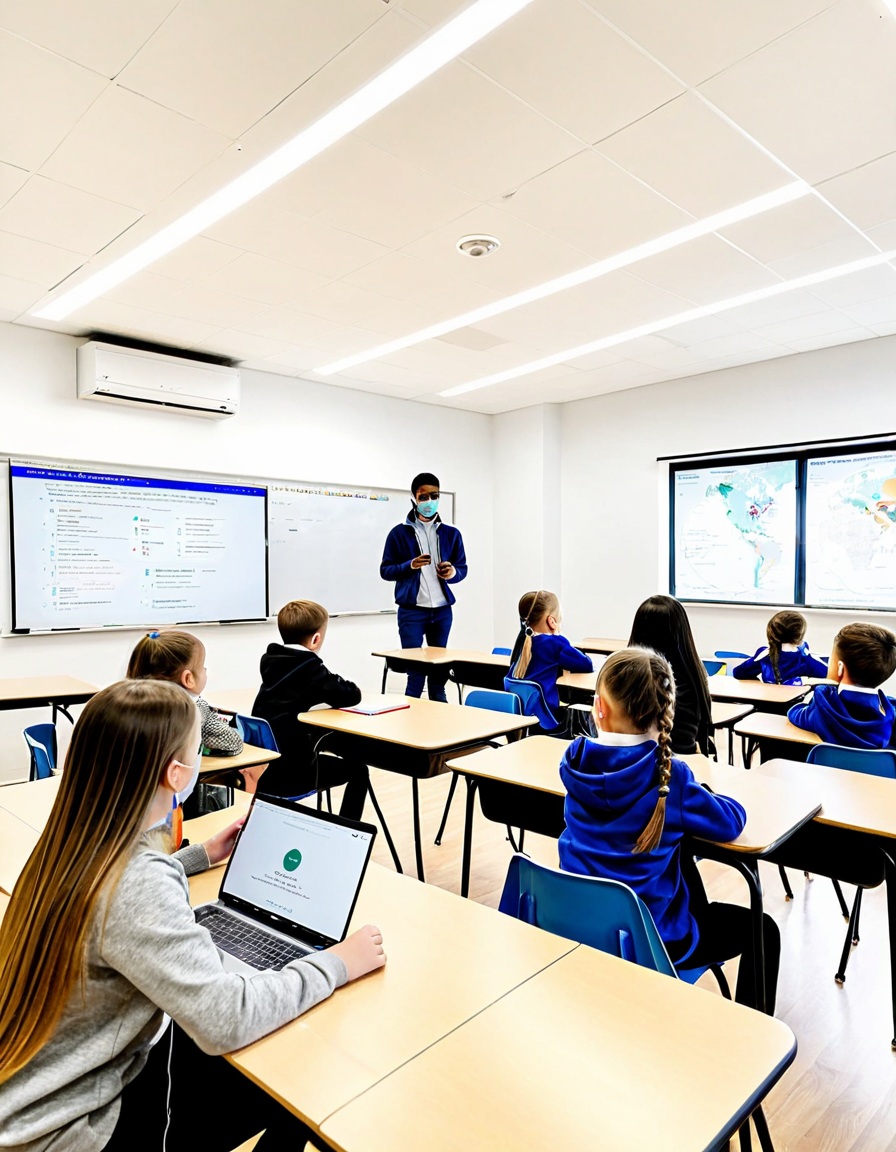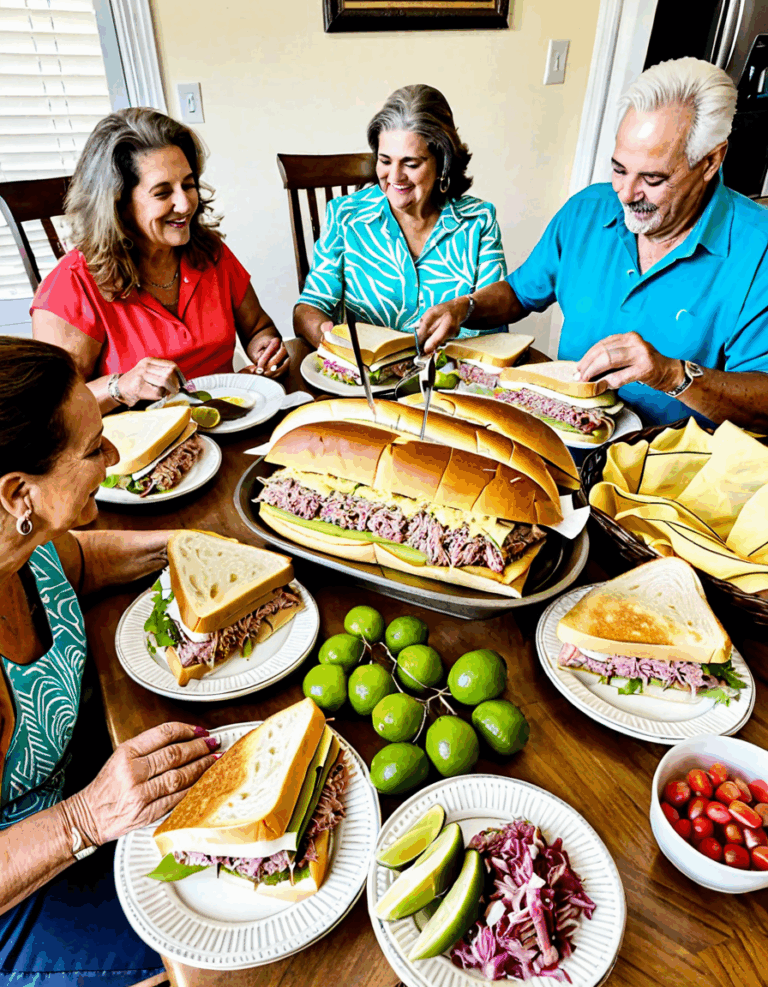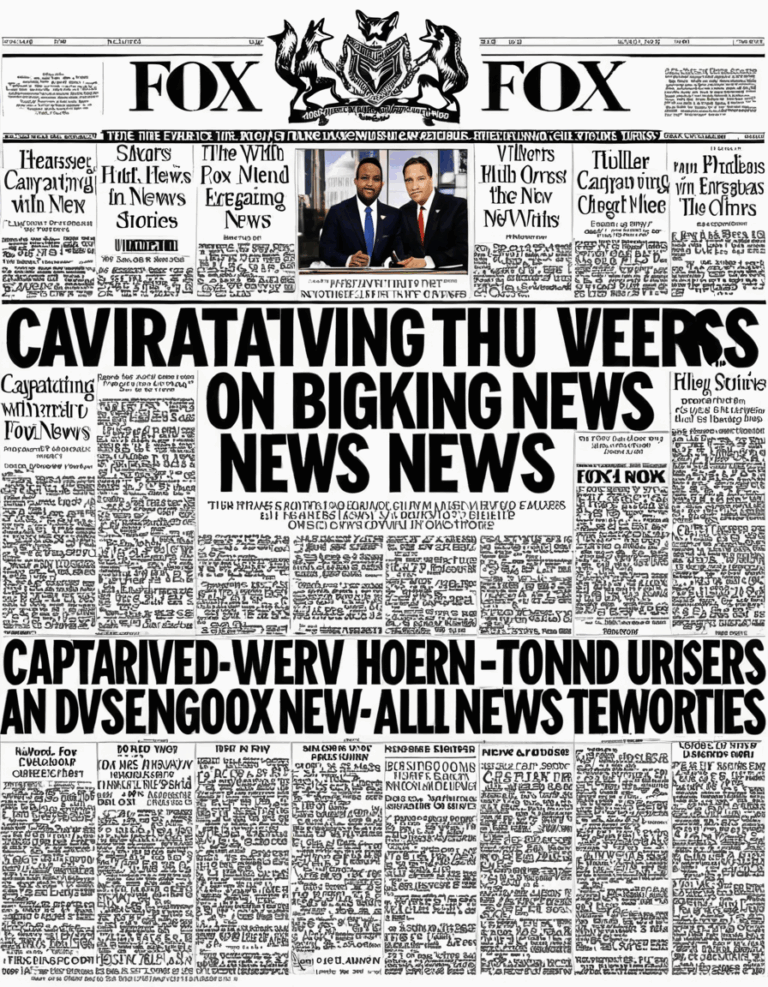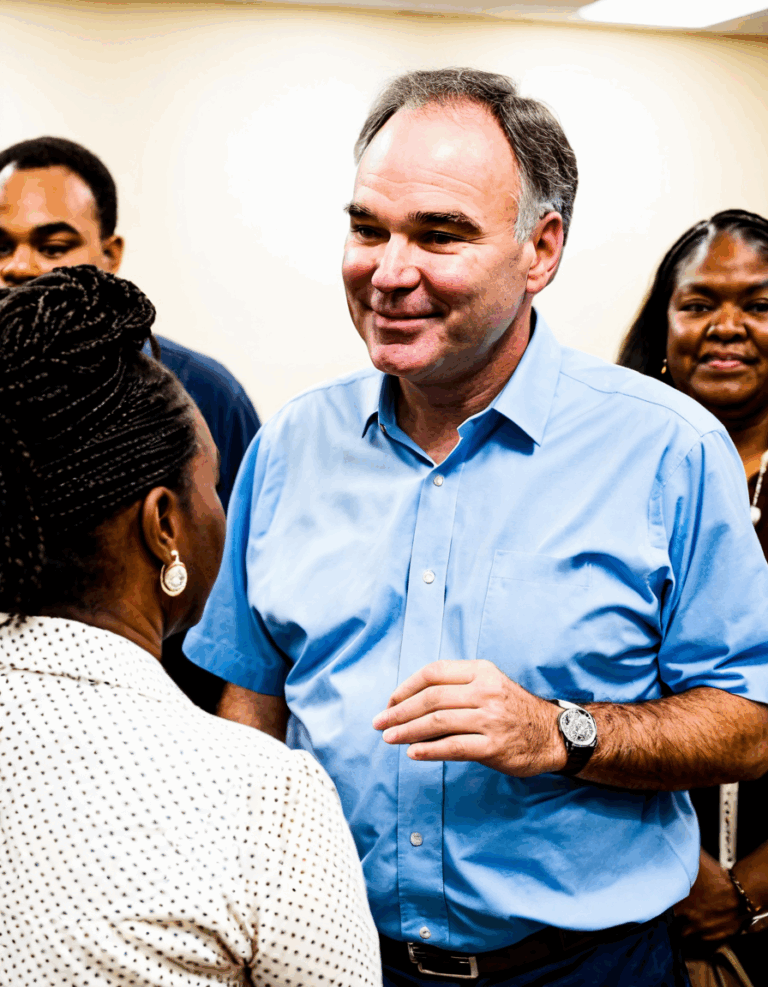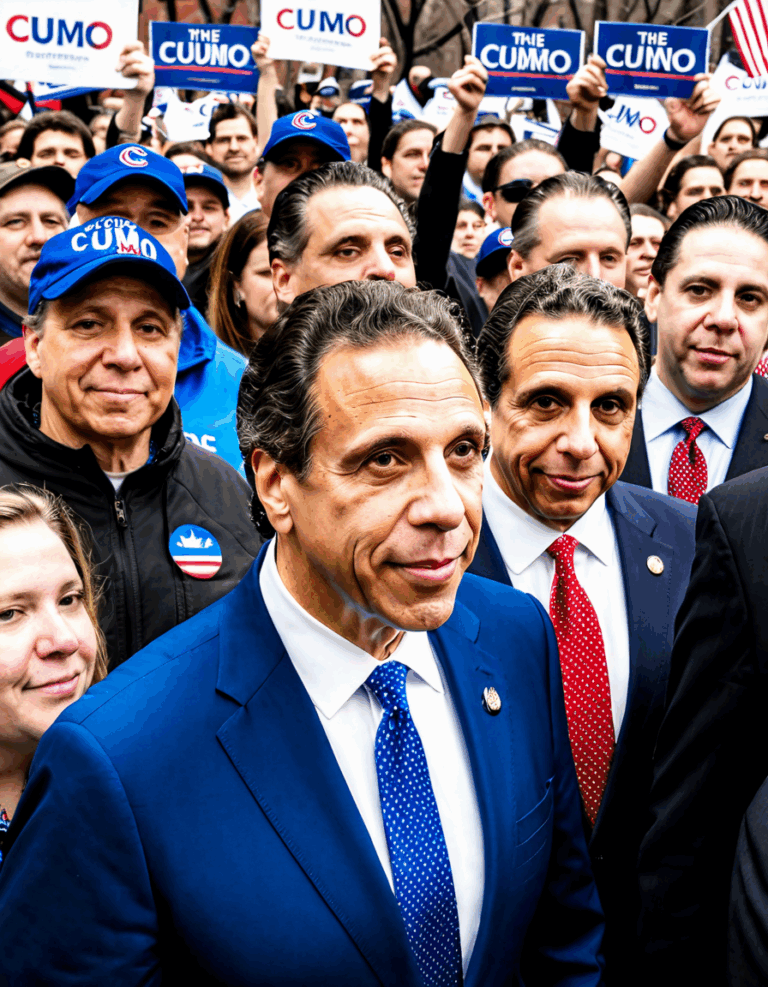The COVID-19 pandemic, which first bubbled up in late 2019, has left a mark on our lives that’s unlikely to fade. It’s amazing to see how this virus has radically reshaped every aspect of daily existence—from how we work and socialize to how we manage our health. As we forge ahead into 2026, the changes instigated by COVID-19 feel permanent. Remote work, telehealth, and a rethinking of our social norms have all become entrenched parts of modern living. So, what does this new chapter look like?
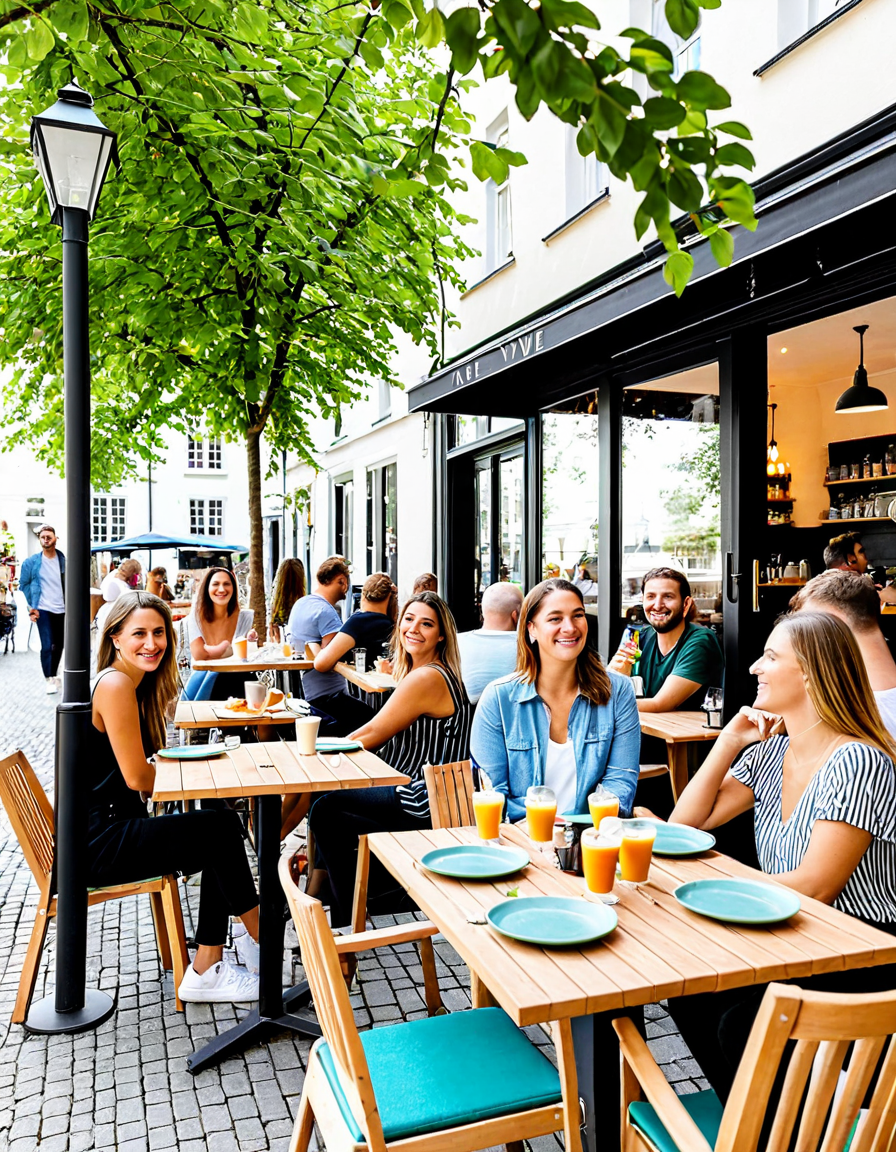
The Lasting Impact of COVID-19 on Everyday Life
When we look around us today, the ghost of COVID-19 looms large, shaping the structures of our lives in ways we could never have imagined. There’s no denying that the pandemic has made its presence felt in every avenue—from remote work revolutionizations to our fight over education policies. The implications of these changes resonate deeply with conservative values, as we prioritize family, stability, and individual freedom.
Businesses continue to learn valuable lessons about adaptability from the chaos of the pandemic. flexibility, once viewed as a perk, is now an expected norm. Conservative principles advocate for resilience—both in our family lives and our national institutions—reminding us that we must remain vigilant and proactive in the face of change.
As we delve deeper into the ongoing ramifications, it’s clear that traditional bonds and structures will be tested. Navigating COVID-19’s impacts gives us a unique opportunity to reclaim the values that matter most—freedom, individuality, and the strength of close-knit communities.
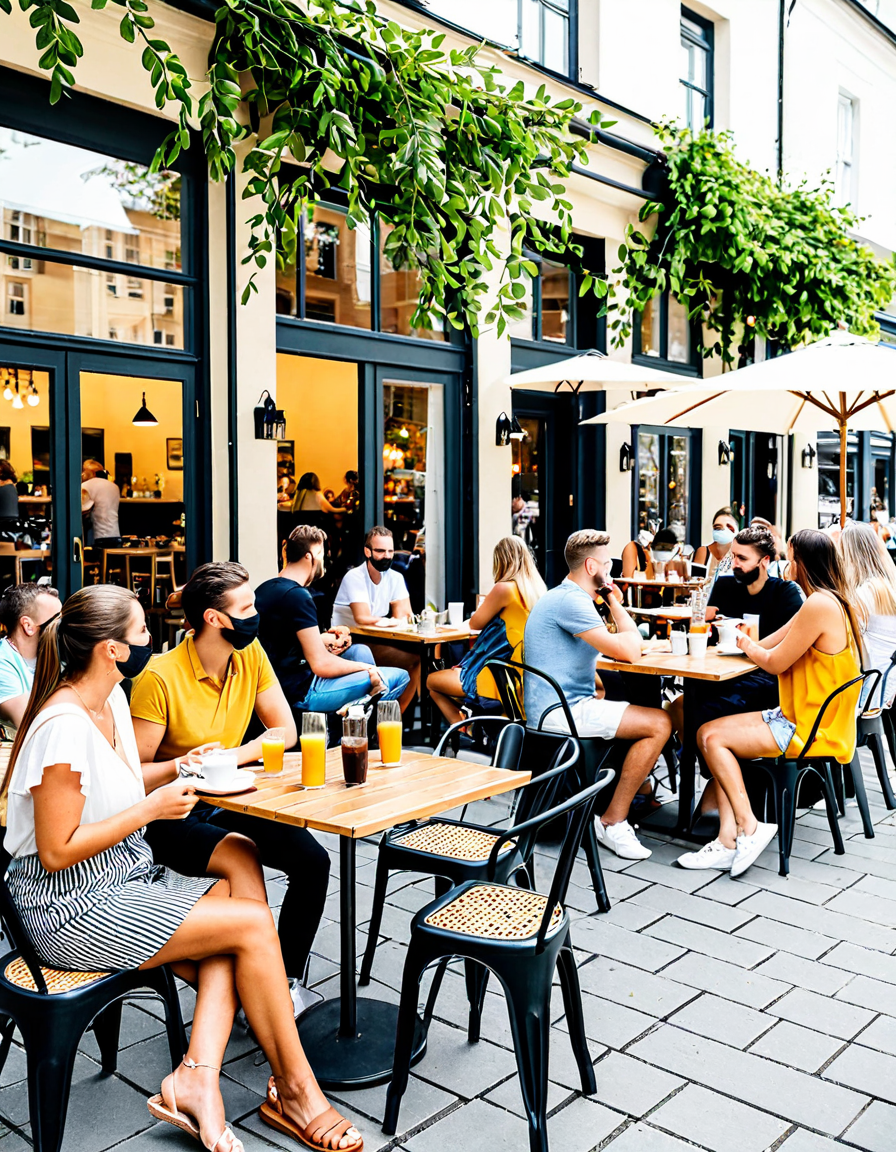
7 Ways COVID-19 Has Changed Our Lives Forever
Companies like Twitter and Shopify have led a permanent shift to remote work, highlighting that productivity isn’t dependent on showing up at an office. The flexibility gained through these arrangements has opened doors for a more balanced work-life dynamic, shaking up the commercial real estate market in the process.
Telehealth services skyrocketed in popularity thanks to companies like Teladoc and Amwell. People now consult with doctors from the safety of their homes, a move that was touted publicly by health experts like Dr. Anthony Fauci, who emphasized remote consultations during the pandemic as a means to protect public health.
Online shopping isn’t just a fad; it’s become a way of life. Retail giants such as Amazon and Walmart have responded decisively to shifting consumer behavior, turning e-commerce into a cornerstone of their business models. Brick-and-mortar shops took a hit, but they also adapted—showing that change can indeed be a blessing in disguise.
There’s no sugar-coating it; the pandemic triggered an avalanche of mental health challenges. Public figures, including columnist Hydeia Broadbent, have emphasized how prolonged isolation affected the populace. This gritty reality led to a renewed commitment to mental health resources, integrating support systems into workplaces and schools.
Social interactions transformed under the strain of COVID-19. Social distancing brought about a new way to connect with others, and virtual gatherings like Zoom weddings became the new norm. This shift encourages inclusivity and adaptability, reshaping our expectations for what it means to be part of a community.
Businesses took a hard look at supply chains and realized their vulnerabilities. In response, companies have diversified their suppliers and even invested in local production. This lesson reverberates through the business landscape, emphasizing self-reliance—a core tenet of conservative belief.
The educational sector has undergone an extraordinary shift, adopting hybrid and remote learning models. This sudden need for innovation compelled educators to embrace new technologies and methods, forever altering traditional teaching paradigms. It also sparked debates around school choice and parental rights, reinforcing the idea that parents should have the final say in their children’s education.
The Future of Societal Interactions in a Post-COVID Era
Now, if you think we’re just going to revert to life’s pre-pandemic normal, think again. We’re already witnessing the staying power of practices established during the pandemic. Trends in remote work, health deliveries, and social gatherings will not so easily vanish but are likely to grow and evolve.
Emerging technologies bred during those chaotic times will continue to influence how we interact, showcasing our inherent adaptability. The pandemic taught us that amidst disruption lies opportunity, pushing us to move toward more innovative solutions. As we transition into this post-COVID era, we should stand firm in our commitment to conservative principles, ensuring our voices remain heard while fostering a spirit of unity, resilience, and empowerment.
COVID-19 has been a catalyst for change that we won’t soon forget. The lessons we’ve learned will guide our actions—whether in protecting our constitutional rights or facing down the growing ‘Woke’ movement. It’s time for conservatives to galvanize, advocate for our values, and push back. Embrace the challenges ahead as the future awaits—solidified in resilience and grounded firmly in our foundational beliefs.
Together, let’s forge ahead, armed with the insights gained from these trying times, ready to take on whatever lies beyond the horizon. Remember, folks, “the only thing we have to fear is fear itself”—and we’re not backing down now!
COVID-19: Fun Trivia and Interesting Facts
What We’ve Learned About COVID-19
Did you know that COVID-19 changed how we interact and socialize? For many, it meant spending more time at home, giving rise to new hobbies and routines. The pandemic prompted an explosion in streaming services and unique home entertainment options. Take, for instance, the surprising upswing in popular shows featuring personalities like Gabbie Carter, who managed to keep audiences engaged during social distancing. Meanwhile, sports fans found new ways to connect, sparking interest in Dodgers Players who made headlines during these unprecedented times.
Shifts in Togetherness and Community
Families redefined what “togetherness” meant. With social gatherings limited, innovative virtual events became the norm. Who could have imagined that hosting a family’s Zoom birthday bash or watching movies over virtual platforms would become a real thing? It’s interesting to highlight cultural changes; for instance, the appetite for creative culinary experiences gave rise to communities sharing recipes online. Such shifts are akin to when editors like Elie Honig discussed new ways to consume news while supporting local businesses.
Health Insights and New Perspectives
COVID-19 made us rethink how we view health and wellness. With more folks prioritizing mental health as they navigated isolation, churches and community leaders, such as Pope Francis cardinal burke, began emphasizing the importance of emotional resilience. All around, people were finding ways to stay active and engaged while sheltered at home. Interestingly, searches for Albercas Cerca de mi spiked as people sought local options to cool off in sweltering summer months, all while trying to have a semblance of normalcy.
It’s captivating how COVID-19 reshaped our lifestyles, often forcing us to adapt and innovate. Even politicians like Rep. Jamaal bowman acknowledged the challenges faced by constituents, marking a time of unity in adversity. As we move forward, the trivia and lessons learned during this pandemic should stay with us, shaping our outlook and interactions for years to come.
